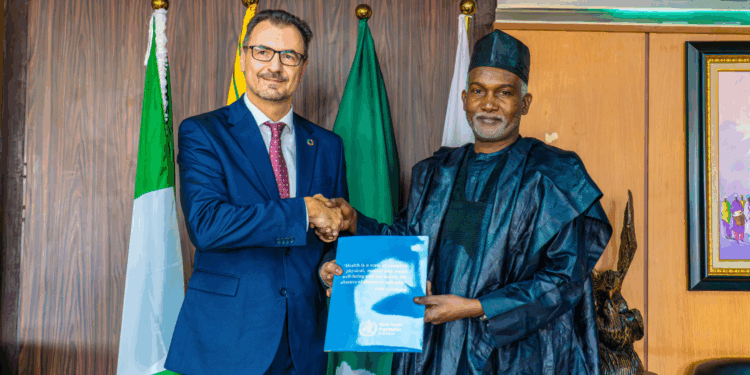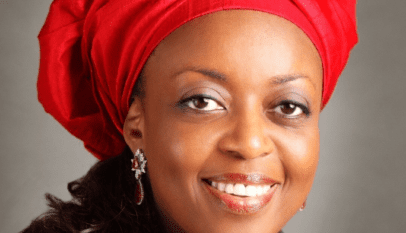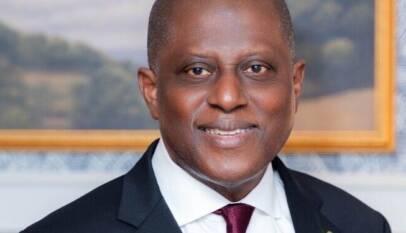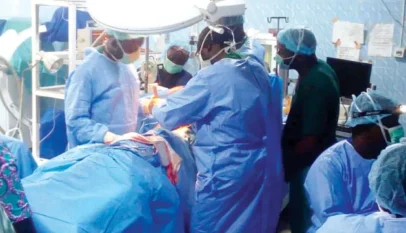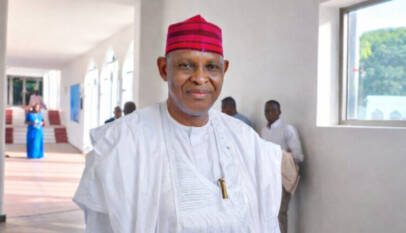By Deborah Nnamdi
The World Health Organization (WHO) has appointed Dr. Pavel Ursu as its new Country Representative to Nigeria. He officially presented his credentials to the Federal Ministry of Foreign Affairs on October 14, 2025, in Abuja.
In a statement on its website, WHO said Dr. Ursu’s appointment comes at a crucial time as Nigeria continues to strengthen its health systems and pursue universal health coverage.
Welcoming the new representative, Nigeria’s Minister of Foreign Affairs, Ambassador Yusuf Tuggar, expressed optimism about the renewed partnership. “We welcome Dr. Ursu to Nigeria and look forward to deepening our collaboration with WHO under his leadership,” he said.
Dr. Ursu brings over two decades of experience in global health leadership. Before his appointment, he served as Director of the Department of Delivery for Impact at WHO Headquarters in Geneva, where he led major initiatives to enhance health systems and accelerate progress toward the Sustainable Development Goals.
He previously served as WHO Representative in Tajikistan and Turkiye, earning the WHO Director-General’s Award for his leadership during the Syrian refugee crisis. He also held senior roles in Azerbaijan, Kazakhstan, and Moldova.
A dual citizen of Romania and Moldova, Dr. Ursu is a medical doctor with multiple postgraduate qualifications, including a Master of Science and a Postgraduate Diploma in Public Health from the London School of Hygiene and Tropical Medicine, a Master’s in Health Services Management, and a Diploma in High Impact Leadership from the University of Cambridge.
Speaking after his appointment, Dr. Ursu commended Nigeria for its significant public health milestones, including the eradication of wild poliovirus and the success of its immunization campaign that reached more than 106 million children.
“I am honoured to serve as WHO Representative to Nigeria and look forward to working closely with national authorities, development partners, and communities to advance health for all,” he said.
Dr. Ursu noted that WHO’s largest country office in Africa is located in Nigeria, underscoring the country’s importance in regional and global health. He pledged to focus on expanding domestic health financing, improving access to quality healthcare, strengthening emergency preparedness, advancing digital health systems, supporting local vaccine production, and promoting Nigeria’s active engagement in global health diplomacy.

